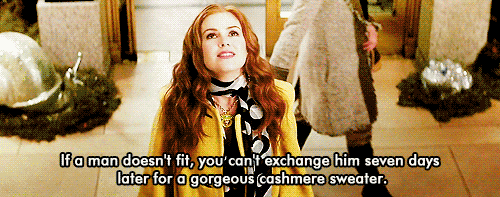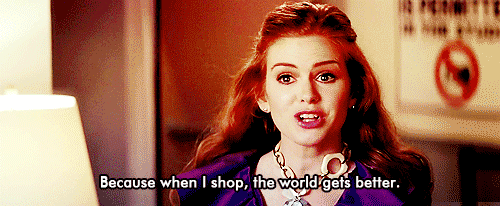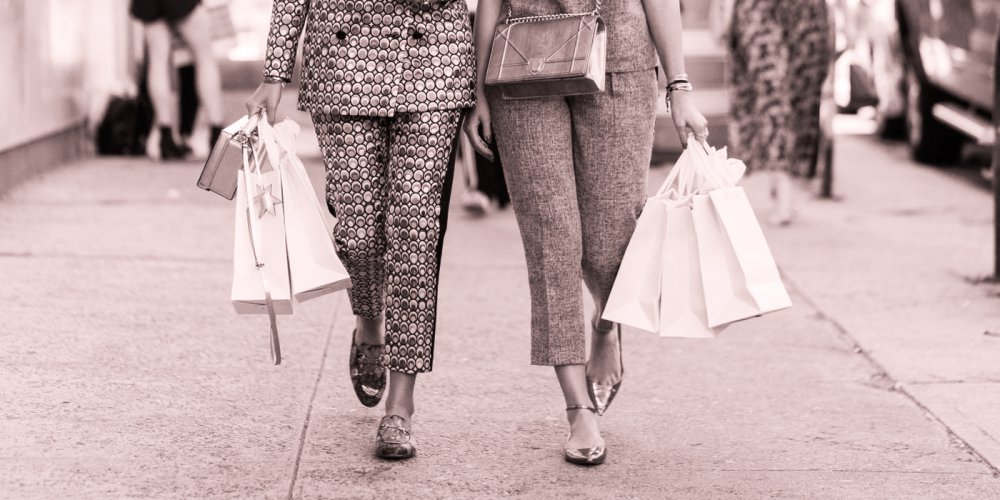Shopping , a drug like any other? If the comparison may seem a priori overused, it is not completely unjustified. And for good reason, the pleasure felt after a series of compulsive purchases is due to our beloved brain and more specifically to dopamine, the chemical secretion it produces when we are happy.

Thus, when we find ourselves face to face with a pair of Celine shoes with the serious desire to seize, our neurotransmitters are in full boil, anticipating the satisfaction that this purchase will provide us. This mechanism goes into high gear when we do balances for example, the advantage of buying a desired product AND cheaper, in addition, multiplying the effects of dopamine.

Let's not believe, however, that our brains are programmed to push us into consumption and secondarily to the financial rout. Dopamine just encourages us to reward ourselves for those little everyday things that are good for us. Because, in general, the brain will succeed in knowing what immediate gratification will provide us this or that purchase before we even think of drawing our CB. An anticipated pleasant sensation that can take over any other consideration, your budget (tight) for example, and thus lead to the famous "compulsive shopping".

But, some American scientists at the University of California now see this drive to addiction, especially in cases where the serial shopper is forced to make more purchases to hope to feel the same feeling of satisfaction. He develops an addiction. Guilty party ? The lack of dopamine receptors. Those who tend to snatch every week-end from a shop suffer a greater loss of neurotransmitters than others, which leads them to want more and more. They would also be more likely to suffer from anxiety and depression. The solution ? Consult a specialist in behavioral psychology, just to understand where does this irrepressible to spend all your salary every weekend and most importantly, to control you.


